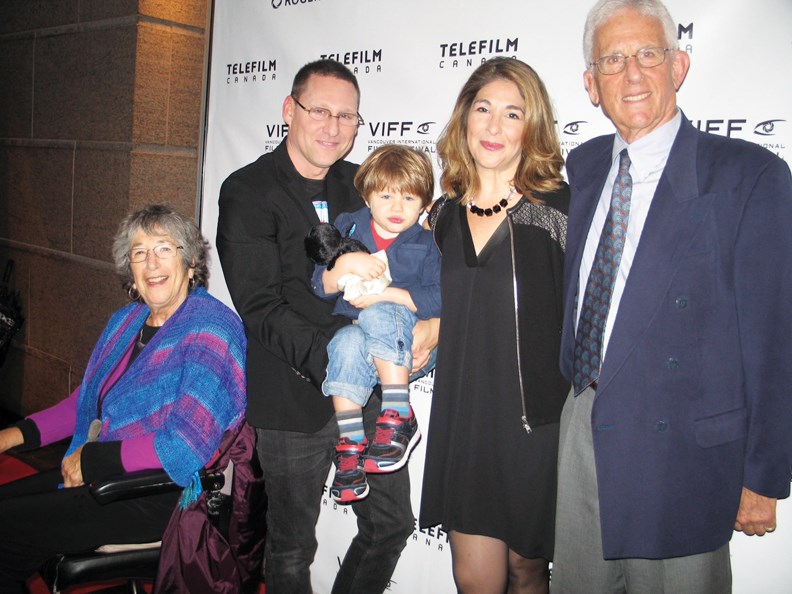The recently released film This Changes Everything, directed by Avi Lewis and based on the book of the same name by Naomi Klein, drew a huge crowd to the Vancouver Centre for the Performing Arts on Oct. 7. And that means huge – the theatre’s capacity is 1,836 and there were only a handful of empty seats. To say it was an enthusiastic audience is to understate the energy exuded over what critics might call yet another documentary about climate change. Why is this film different from the others that show scenes of sad polar bears and flooded cities? Just like other documentaries, it zooms around the world, showing the negative effects of resource extraction and carbon emissions on our weather and our lives.
The difference in this case is that this film offers hope. It shows how the people of India or of Germany, for example, have fought destructive industry on their land and won.
Klein narrates much of the film and she asks her key question: “What if global warming isn’t only a crisis? What if it’s the best chance we are ever going to get to build a better world?”
The film starts at home; it quickly focuses on the Alberta oil sands and its sprawling, bitumen-rich scar on the earth. But a more powerful moment in the film comes in Greece where the Canadian Eldorado Corporation seeks to mine a pristine area.
“Please tell the Canadians to leave!” yells one angry Greek. Yes, that’s aimed at us – Canadians.
The concept of “sacrifice areas” is explored in the film – the idea that some parts of the earth may have to get ugly in the service of industry. What becomes obvious is that most of the sacrifice areas are on Aboriginal land in North America – thus the legal battle of the Beaver Lake Cree against the Canadian government – or they are in areas of poverty in the third world.
A poignant scene occurs when a Chinese tot who is growing up in a smog-polluted city is asked whether she has ever seen the stars or a cloud. No, she answers solemnly. China, however, is making changes and has turned its vast technical and industrial resources to building solar panels to replace the smog-inducing, coal-burning plants.
Lewis and Klein spoke with the audience before and after the film, thanking some of the people who have given so much support, such as Audrey Siegl, Musqueam Nation artist and activist, whose image was seen in the film confronting the Shell Oil arctic exploration rig. She opened the show with drumming, a song and a rallying cry for unity. They also thanked Klein’s parents, Bonnie Sherr and Michael Klein of Roberts Creek, who joined them on the red carpet before the show and who will be instrumental in bringing this film to the Coast.
The local Green Films series (www.greenfilms.ca) is negotiating to screen the film here, possibly in November, at a larger venue than they usually use. The hope is that Klein and Lewis will accompany it – their message would be welcome here.



